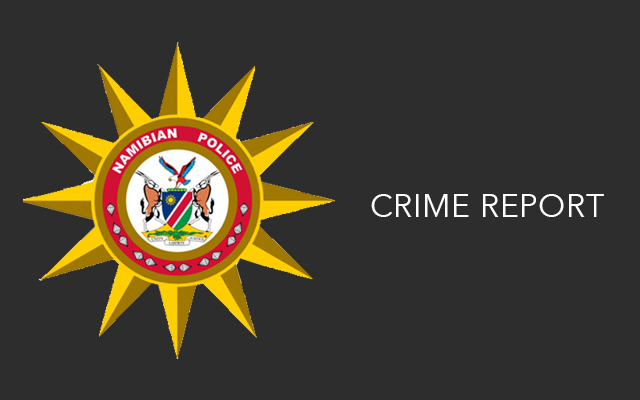A soup kitchen at Katutura, in the Goreangab Dam community, is becoming a space of painful confessions as more minors begin to open up about sexual abuse at home.
Monica Imanga, founder of Home of Good Hope, a local non-profit feeding hundreds of children in the Goreangab, Havana, and Hakahana areas at Katutura, says she has seen a disturbing rise in disclosures of molestation from children who come for food, education, and safety.
“We are feeding children, but we’re also hearing them cry about what’s happening behind closed doors,” Imanga says in a petition submitted to the control prosecutor at the Katutura Magistrate’s Court, the Ministry of Gender Equality and Child Welfare, and the police yesterday morning.
Imanga was accompanied by a group of Katutura residents who took to the streets to protest, demanding justice and stricter measures against rape suspects that molest minors from their communities and are then released on bail.
The petition follows public outrage after a man accused of molesting a child in the community was granted bail and seen walking freely in the area.
According to Imanga, four such cases have been reported in just three years but many more children are afraid to speak out.
“We feel unheard. Those are just the cases that were reported. Not all the children we care for at our soup kitchen are brave enough to speak.
“When we make the effort to report to the parents they dismiss us and insist that it is their family issue,” Imanga said.
The community members are now calling for urgent reforms, including the withdrawal of bail for those accused of sexually abusing minors, more mobile police stations, mental health services for survivors, and awareness campaigns to help victims and families break the silence.
“Children are being raped by their relatives, caretakers and neighbours, the very people meant to protect them. And society is quiet,” Imanga said.
The petition also criticises the justice system for granting bail to accused perpetrators, saying it endangers victims and silences witnesses who fear retaliation.
Community activist Shaun Gariseb says they feel unheard because the last time they protested at court last year, the suspect was granted bail and returned to the community.
“Last time when we were like this, demonstrating in this very same case on 28 August, the matter was postponed to this year, to today.
“What happened was the same attitude of the prosecution. They did not come out, they did not even even consider public interest, they went to give this accused bail. They went to give him bail! What did this accused do? He went to repeat the things he has, he went to rape again,” Gariseb says.
END VIOLENCE
Meanwhile, the Ministry of Information and Communication Technology, through the Nationhood and National Pride Programme and in partnership with the gender ministry, launched the ‘End GBV’ campaign yesterday afternoon.
The campaign is aimed at ending the increasing cases of gender-based violence (GBV) in Namibia and to encourage victims to speak up across the country.
According to information minister Emma Theofelus, GBV is an issue that affects every facet of our society – our homes, our schools, our communities, our churches and even our workplaces.
She questions why, as Namibians, we often know survivors and victims of GBV, but not the perpetrators.
“We may recognise that someone has been physically abused or raped yet we remain unaware or silent about the perpetrators. Somehow we cannot point out the perpetrator,” she states.
She highlights a troubling paradox: for every survivor, there must be someone responsible, yet they are rarely held accountable.
Theofelus says GBV does not occur in a vacuum or by chance; it is enacted by individuals within our communities.
She explains that the current national campaign is a social behavioural change communication initiative aimed at sparking honest and sustained conversations about ending GBV in Namibia.
Stay informed with The Namibian – your source for credible journalism. Get in-depth reporting and opinions for
only N$85 a month. Invest in journalism, invest in democracy –
Subscribe Now!














